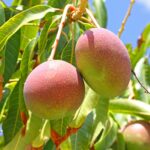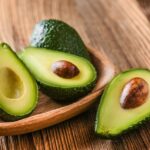Due to low production and strong demand, Brazilian orange prices hit record highs in 2024

Brazilian orange prices broke records in 2024. The Center for Advanced Studies in Applied Economics of Brazil (Cepea) reported that the value of a 40.8 kg box exceeded BRL 100 (US$16) in the fresh market.
The price surge is attributed to strong demand from the industry, which faced low orange juice stocks, coupled with a limited supply of fresh oranges due to reduced production.
Additionally, weather conditions in the Brazilian citrus belt were predominantly dry, with high temperatures affecting crop development. Although higher prices allowed citrus growers to profit, low productivity increased costs, which were already high due to the persistent challenge of citrus greening.
During the off-season period, quotations for Tahiti lime were relatively low in the first half of 2024 but increased significantly in the second half due to tighter supply and rising demand.
As a result, real-term values reached record highs, driven by constrained orange supply and strong industry demand.
In October 2024, the average price paid by the industry surpassed BRL 90 per 40.8 kg box. Notably, operations for the 2023/24 season began in January with prices around BRL 38 per box.
With limited industry stocks, demand in the spot market rose sharply, leading prices to break records in real terms, exceeding BRL 100 per box in November.
Projections for the 2024/25 campaign indicate that the state of São Paulo and the Triângulo Mineiro will harvest approximately 223.14 million 40.8 kg boxes of oranges. This is an increase of 7.36 million boxes (+3.4%) compared to the September estimate, but still 9.24 million boxes lower (-4%) than the initial forecast in May.
Despite the slight upward revision, the current season may still be 27.4% lower than the previous one (2023/24), when 307.22 million boxes were harvested.
Brazil currently faces very limited orange juice stocks. To ensure a stable global supply, production in both Brazil and Florida would need to increase significantly in the 2025/26 season.
The Mercosur-European Union trade agreement may create opportunities for increased shipments of lime, lemon, and orange juice, while also opening a direct channel for fruit imports from Spain. Overall, the agreement holds promising prospects for the medium and long term.












































